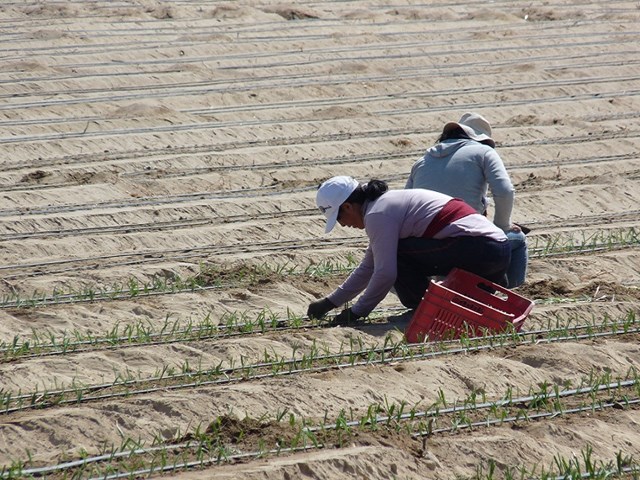Benefits of social dialogue
Social dialogue leads to better living conditions
In addition to better working conditions, social dialogue contributes to:
Conflict prevention and improved social harmony;
Increased awareness among citizens democracy facilitation, in which citizens participate on the basis of accountability, transparency, and insight;
Gender equality and non-discrimination;
Higher productivity and fewer work-related accidents;
The formalisation of the informal economy and of ‘inclusive’ economic growth;
Decreased inequality.
How?
International cooperation
As FNV trade union federation we signed the Global Deal together with the Dutch government and over 75 international partners. It involves worldwide cooperation aimed at addressing the challenges and issues involving the global labour market, so that everybody will benefit. This is done by promoting social dialogue in all its forms, an initiative supported by the ILO and the OECD.
Programmes
Mondiaal FNV supports social dialogue in Ghana, Indonesia, South Asia (Nepal, Bangladesh, and India), Myanmar, the Middle East and North Africa (MENA), and East Africa (Ethiopia, Uganda, Rwanda). In addition, we carry out sectoral (construction, palm oil, flowers, fruit and vegetables, and seeds) and theme-related (immigration, just transition, and fragile states) projects that involve social dialogues.
Background information
The International Labour Organization (ILO) of the United Nations defines social dialogue as follows: ‘to include all types of negotiation, consultation or simply exchange of information between, or among, representatives of governments, employers and workers, on issues of common interest relating to economic and social policy.’ In essence, this means arriving jointly at solutions and making agreements, ranging from a collective labour agreement (CLA) to national employment agreements, and from health and safety in the workplace to a pension agreement.



